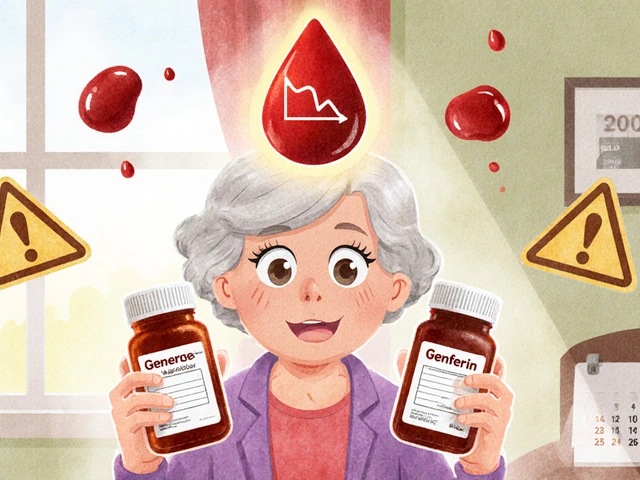Depression Medication: What Works, What to Expect
Feeling unsure about depression medication is normal. Some people find relief quickly, others need time or a different drug. This page breaks down the main options, what side effects look like, and practical steps to pick or change treatment without getting lost.
How antidepressants work and what to expect
Most antidepressants change brain chemicals that control mood. The common types are:
- SSRIs (sertraline, fluoxetine, escitalopram): first-line drugs. They often cause mild nausea, sleep changes, or sexual side effects but are safer for most people.
- SNRIs (venlafaxine, duloxetine): similar to SSRIs but can raise blood pressure in some users and may cause more sweating or nervousness.
- Atypical antidepressants (bupropion, mirtazapine): bupropion can boost energy and libido but may raise seizure risk in certain cases; mirtazapine often helps sleep and appetite.
- Tricyclics (amitriptyline, nortriptyline): older drugs that work well for some, but cause dry mouth, constipation, blurry vision, and may affect the heart at higher doses.
- MAOIs (phenelzine, tranylcypromine): effective for specific cases but require strict dietary rules (tyramine) and have risky drug interactions.
Expect about 2–6 weeks to notice real changes. Early side effects often fade after a few weeks; if they don't, tell your prescriber.
Choosing, switching, and staying safe
Pick a medication based on your symptoms, other health issues, and side effect goals. If low energy and sexual side effects matter, bupropion might help. If insomnia and weight loss are problems, mirtazapine could be a better fit. Your doctor will weigh medical history, other meds, and pregnancy plans.
If a drug doesn’t work or side effects are bad, you can switch or add another medication. Don’t stop suddenly—many antidepressants cause withdrawal symptoms. Your doctor will taper the dose or cross-taper between drugs to reduce risk.
Watch for dangerous interactions: combining two serotonergic drugs (like an SSRI plus certain migraine meds or tramadol) can cause serotonin syndrome—symptoms include high temperature, fast heart rate, confusion, and twitching. Seek urgent care if that happens.
Keep a simple mood and side-effect log: note sleep, appetite, energy, anxiety, and sexual function weekly. That helps your clinician make informed changes instead of guessing.
Combine medication with therapy when possible—talk therapy boosts results and can help you cope between medication adjustments. Also, lifestyle steps like steady sleep, regular activity, and cutting back on alcohol make meds work better.
If you’re pregnant, breastfeeding, or have heart disease, talk to a specialist—some drugs are safer than others in those situations. Always check with your prescriber before starting or stopping medication.
Want help deciding? Bring your notes to your clinician: list past treatments, what helped, and what you worried about. That makes the process faster and more likely to land on the right medicine for you.




